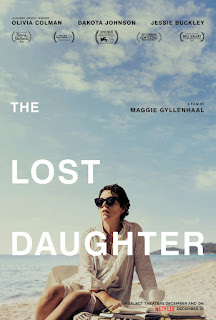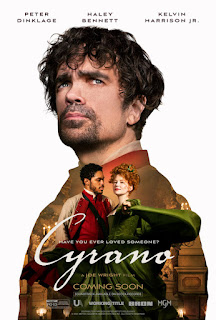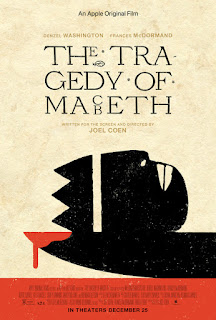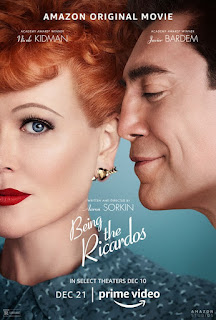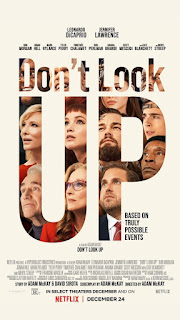Tilda Swinton Jeanne Balibar Elkin Diaz Juan Pablo Urrego Daniel Gimenez Cacho
The biography of writer/director of Memoria, Apichatpong Weerasethakul, gives clues as to what his films will be about. Born in Thailand (and still residing there) as the son of two doctors, he studied at the School of Art Institute of Chicago, worked as an architect and multimedia artist, and is now known as a creator of experimental and independent films. He is a favorite of the Cannes crowd, having won the Palm d’Or for Uncle Boonmee Who Can Recall His Past Lives (2010) and receiving nominations or wins at Cannes for five other films since 2002.
Reflective of his Thai background, he believes ghosts and spirits are all around us and communicate with us if we stop and listen. In an interview by Hannah Ellis-Petersen of the Guardian, Weerasethakul says, “Even though I approach the world scientifically, I cannot shake off the feeling of having spirits around…I feel that when I’m with the green landscape I can always communicate with the trees, with the memory of the jungle and also with myself” [https://www.theguardian.com/film/2018/oct/24/the-man-with-the-exploding-head-the-director-inspired-by-his-medical-condition] Elements like these are inserted into the Memoria script in which main character Jessica (winningly played by Swinton), a Scotswoman living in Colombia with a flower business, encounters strange events when she goes to visit her sister Agnes (Balibar), an anthropologist living nearby.
First, Jessica is awakened by a loud boom in the middle of the night just before she goes to visit Agnes who is in the hospital. This has such a profound effect on her, she seeks out a specialist in sound effects, Hernan (Urrego), and works with him to reproduce the sound in her memory.
This seems to create something of a dream-like state in her as she wanders through the city with long periods of looking at architecture, listening to sounds, and periodically hearing the same loud boom she heard earlier. One does get the impression it is trying to communicate with her, and she may find the answer in the countryside when she is beside a babbling brook striking an odd pose when someone says, “Are you all right?” This is an older Hernan (Diaz) who lives happily isolated from others and has the kind of wisdom Jessica is seeking.
Their encounter is laden with meaning and the intertwining of their memories of childhood. This Hernan is so different from the younger Hernan excited by new things, playing in a punk rock band, and being an expert in sound effects. Older Hernan is steadfast in his commitment to ancient ways of thinking, firmly believes he can hear stories from the rocks and other natural elements around him. He and Jessica reminisce
about their childhood and infancy and find that their memories mesh together in mysterious ways.
The viewer needs to be prepared for long takes when Weerasethakul and his protagonists contemplate architecture, landscape, physical wellbeing, and memories. Some may find it entirely too slow, but those interested in philosophy and mystery and their fascinations will find this a beautiful, atmospheric film.
It seems to me that Jessica’s visits with Agnes in the hospital and her interactions with her and her husband Juan (Cacho) are extraneous and only props for Jessica’s story to play out. I can understand the director’s wanting to prolong takes of architecture and hospitals because of his background and interest; however, I think these could easily be shortened in the interest of a more cohesive film.
Journey into the realm of the surreal when memories of two entirely different people from different backgrounds intertwine.
Grade: B By Donna R. Copeland

